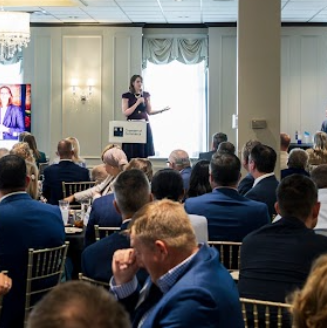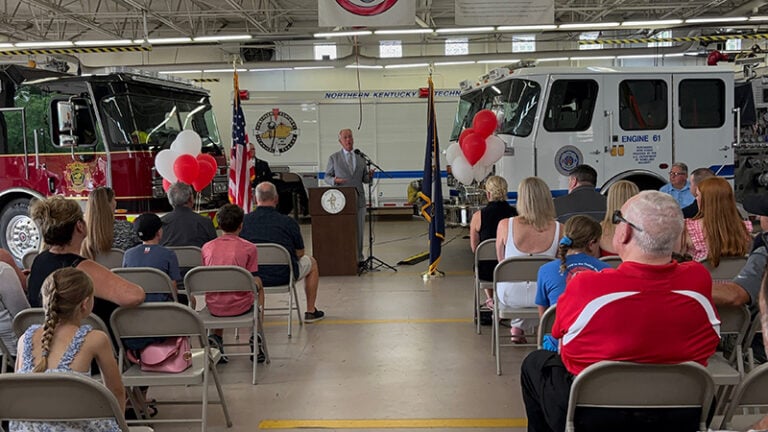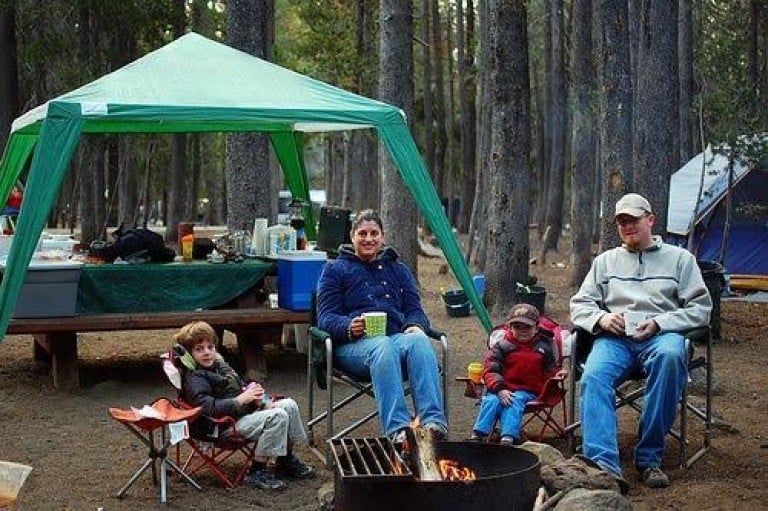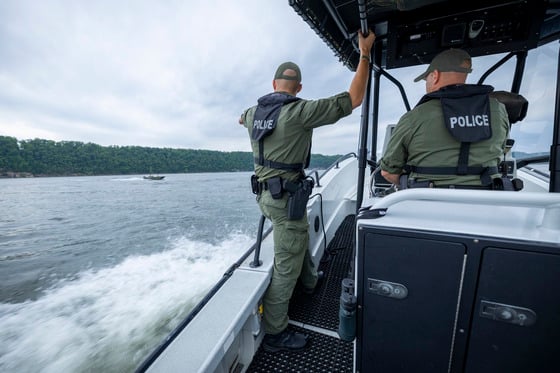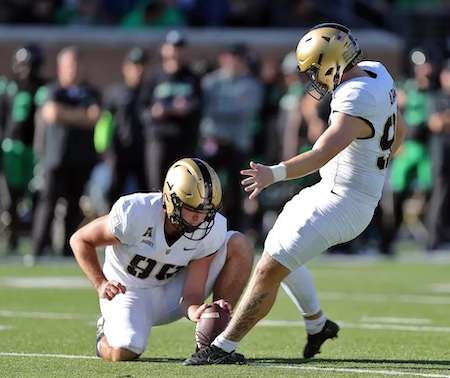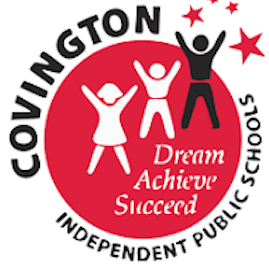By Dr. Callie L. Rzasa
University of Kentucky
More than 23,000 children suffer an out-of-hospital cardiac arrest annually. While the reported number of infant out-of-hospital cardiac arrests varies widely, survival to hospital discharge averages 6.5 percent for children less than one year old who experience an out-of-hospital cardiac arrest.
According to the National Center for Injury Prevention and Control, unintentional choking and suffocation are a leading cause of all injury deaths for infants under the age of one. Nearly 3,500 infants die each year in the United States from sleep-related infant deaths such as suffocation, entrapment, strangulation and sudden infant death syndrome (SIDS).

Make safety a habit at home by implementing safe sleep practices, such as making sure babies sleep in their own crib or bassinet on a firm, flat surface without potential suffocation hazards such as blankets, stuffed animals or crib bumpers.
New parents, grandparents, babysitters and caregivers should take the time to learn infant- and child-specific CPR. It’s important to remember if the child is unresponsive, not breathing or only gasping, call 911 and start CPR immediately.
For a child age 1 or older:
• Push on the middle of the chest 30 times at a depth of 2 inches with one or two hands at a rate of 100 to 120 compressions per minute.
• Provide 30 compressions and then give two rescue breaths.
• Repeat cycles.
For an infant under 1 year of age:
• Push on the middle of the chest 30 times at a depth of 1½ inches with two fingers at a rate of 100 to 120 compressions per minute.
• Provide 30 compressions and then give two rescue breaths.
• Repeat cycles.
If you have access to an AED, use it as soon as possible. Most AEDs are equipped with child- and infant-sized pads. They can help guide CPR and provide treatment for certain heart arrhythmias. Continue compressions until emergency services arrives.
For more information about CPR for adults, children, and infants, find a class or training center near you.
Dr. Callie L. Rzasa, M.D., is medical director of Kentucky Children’s Hospital Congenital Heart Clinic.







